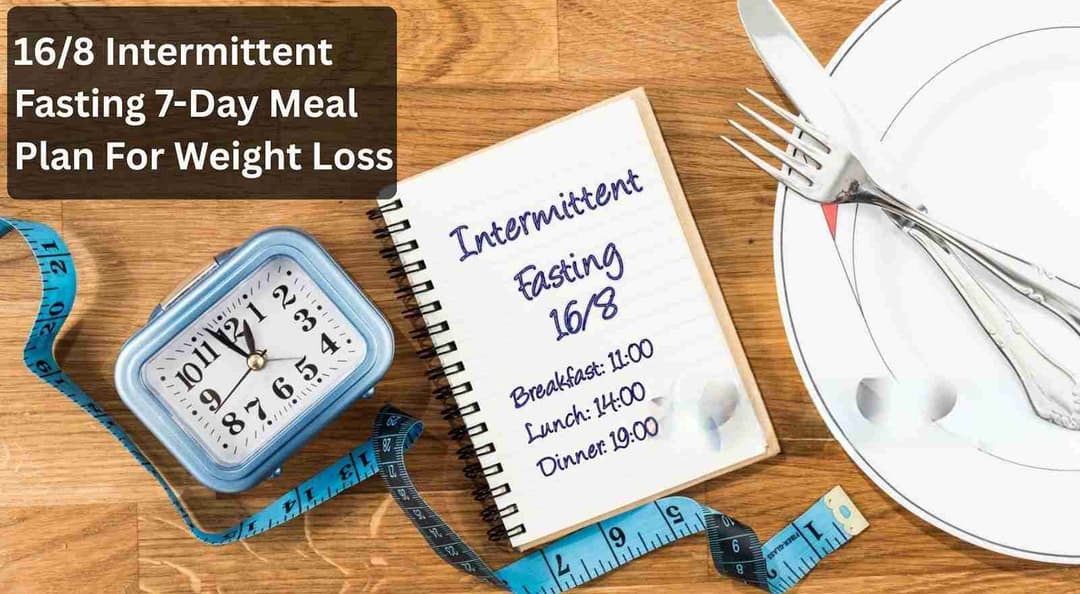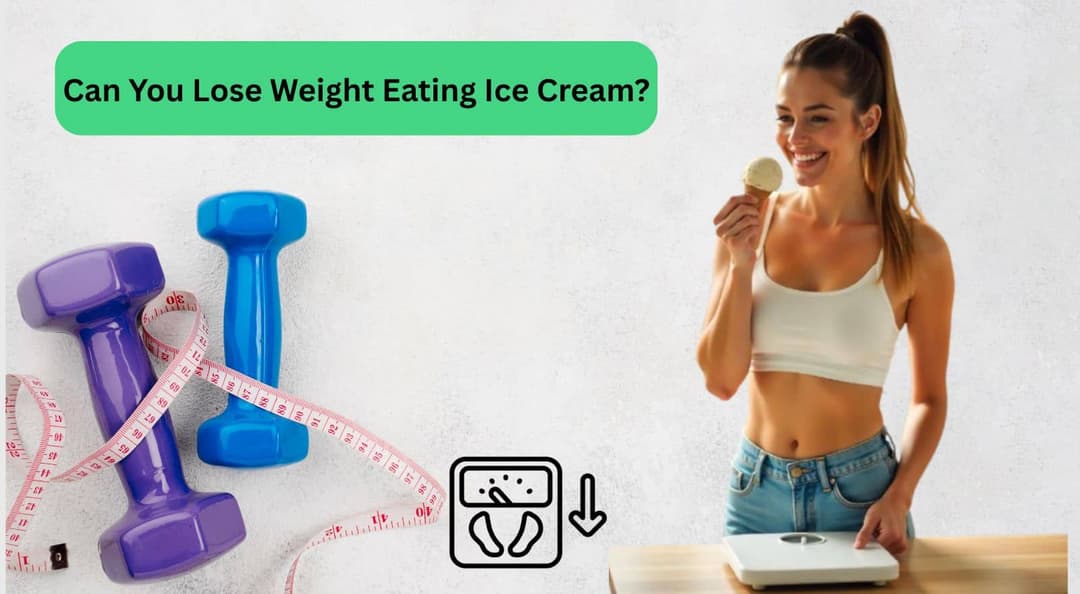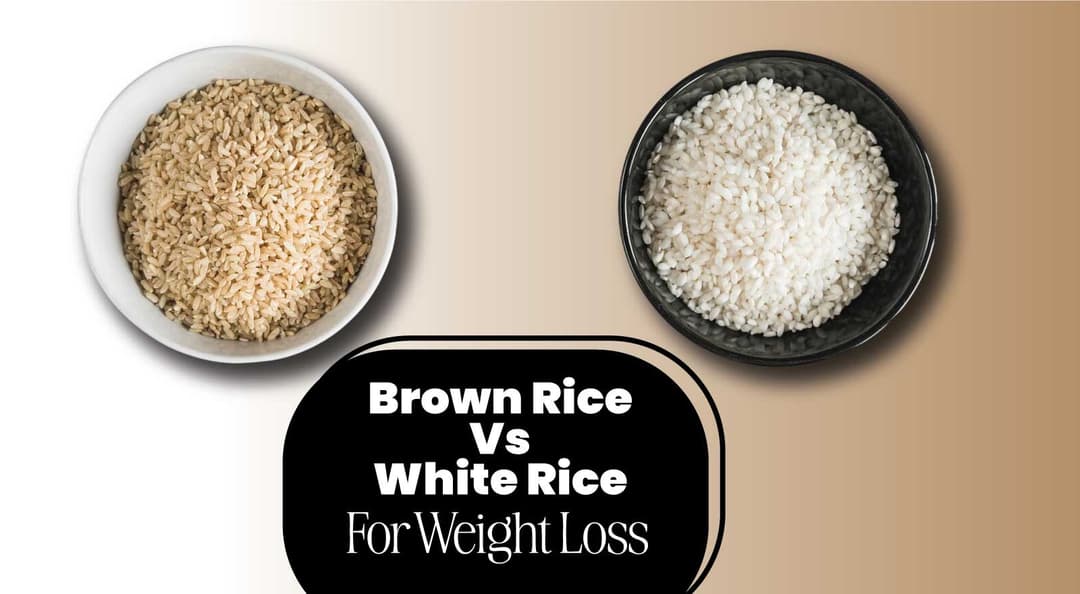Intermittent fasting (IF) is a dietary approach that involves restricting food intake to specific windows of time, followed by periods of fasting where little to no food is consumed.
Although this is nothing new, intermittent fasting has recently gained much popularity. In fact, some research even suggests that intermittent fasting may offer benefits for people with diabetes and help them manage their condition.
Along with the most well-known benefit of intermittent fasting, which is weight loss, intermittent fasting has shown improvement in the blood sugar control of many diabetics.
So, here in this blog, we will explore how intermittent fasting can benefit those with type 2 diabetes, along with the preventive measures to take when incorporating intermittent fasting into a diabetes management plan.
Table of Contents
- Does Intermittent Fasting Help Manage Diabetes?
- What Type of Intermittent Fasting is Best For Diabetics?
- Precautions While Following Intermittent Fasting Diet Plan For Diabetics
- Expert’s Advice
- The Final Say
- FAQs
- References
Does Intermittent Fasting Help Manage Diabetes?
Find out if intermittent fasting can really lower blood sugar
Yes, it’s true. Intermittent fasting (IF) really can help people with type 2 diabetes!
The main advantage of intermittent fasting when it comes to diabetes is better blood sugar control. Intermittent fasting (IF) has been shown to improve blood sugar levels by helping control the release of glucose into the bloodstream, with studies showing a reduction of 5.6% in the glucose levels of diabetics. Limiting food intake to specific windows of time can help reduce overall calorie consumption, potentially leading to lowered blood sugar levels and better management of the condition.
A Diabetes Care study found that intermittent fasting can reduce insulin levels & improve insulin sensitivity in prediabetics, and just like that, we have another advantage of intermittent fasting: prediabetes control.
Prediabetes differs from type 2 diabetes because it’s like a warning that your blood sugar levels are higher than what they should be but not yet high enough to be classified as type 2 diabetes. It’s a crucial time when making healthy lifestyle changes to prevent or delay the progression to full-blown diabetes.
A 2024 review on time-restricted eating found that fasting led to a reduction in A1C levels (average blood sugar level over the past few months) in people with type 2 diabetes.
Try ToneOp’s Intermittent Fasting Weight Loss Plan to lose fat efficiently while enjoying your favourite foods. With flexible modules, expert dietitian support, and personalised strategies, it’s the smart, safe, and effective way to achieve your weight loss goals.
What Type of Intermittent Fasting is Best For Diabetics?
The 5:2 intermittent fasting (IF) method can be the most effective for people with Type 2 diabetes. It typically involves eating normally for five days a week and consuming a low-calorie diet on the other two days.
Why is the 5:2 method great for diabetics?
That’s because the 5:2 intermittent fasting promotes weight loss, improves glucose control and also helps reduce insulin resistance, similar to some effects of medications like metformin and empagliflozin. However, it is not a direct replacement for these medications.
A study from China suggests that a 5:2 intermittent fasting diet, where two fasting days are supported by nutritionally balanced meal replacement products (like shakes or bars), may be helpful for diabetics in managing their condition.
Another study published today in Jama Network says that such a catering plan can improve glucose control and aid short-term weight loss.
While intermittent fasting can be a useful lifestyle intervention for managing blood sugar levels, it should be used in conjunction with, or as a supplement to, other treatments under the guidance of a healthcare provider.
Also Read: Blood Sugar Charts By Age And Gender! Know Your Vitals And Identify Your Health Condition
Precautions While Following Intermittent Fasting Diet Plan For Diabetics
Though intermittent fasting may sound like a fantastic diet plan for managing diabetes, one must always take precautions when dealing with a medical condition. Here are some precautions you must take when intermittent fasting:
- Before starting an intermittent fasting (IF) plan, consult with a doctor first to find an approach that best suits you. It may also be necessary to adjust your medication doses to ensure safety and effectiveness.
- Healthy eating is essential. Although you would consume food for a shorter period in intermittent fasting, you'd still have to choose the most nutritious options to fulfil all of your body’s needs, following a strict eating plan, with your plate filled with protein, antioxidants, fibres and limited complex carbohydrates. Additionally, you must also strictly keep foods to avoid for diabetes off your plate.
- Immediately after the fast, avoid calorie-heavy foods or high-carbohydrate meals, which may lead to blood sugar spikes. Instead, have more food rich in fibres and proteins.
- Regular monitoring of blood glucose is important for diabetics, but even more so when trying out new diet plans like intermittent fasting. The long period of fasting is expected to bring a change, which makes standard monitoring necessary to view any anomalies and adjust the diet accordingly.
- Quit your fasting period instantly if you experience dizziness, extreme fatigue, nausea or abnormally frequent urination.
Also Read: Is Quinoa Good For Diabetes? Your New Favourite Superfood With Low GI & High Protein
Expert’s Advice
Intermittent fasting can help one manage diabetes by promoting weight loss and improving insulin sensitivity. As an expert, I would recommend planning your occasional fasting for diabetics by making your meals full of lean protein and a small amount of high-quality carbohydrates, which may include whole grains, fruits, starchy vegetables or low-fat dairy products.
Health Expert
Lavina Chauhan
The Final Say
Intermittent fasting (IF) involves restricting food intake to specific windows of time. It can offer significant benefits for people with type 2 diabetes, especially when integrated with a healthy and balanced diet and regular blood sugar level monitoring.
By improving insulin sensitivity and potentially reducing A1C levels, intermittent fasting can be a promising tool for managing the condition. However, one must approach it with caution, monitoring one's body’s response to the fasting and under the guidance of a healthcare provider.
FAQs
1. How many hours of intermittent fasting is suitable for diabetics?
For diabetics, a common recommendation for intermittent fasting is a fasting window of 12-16 hours, but the exact duration should be tailored to individual needs and done under medical supervision.
2. Can intermittent fasting lower blood sugar?
Yes, intermittent fasting can help lower blood sugar levels by improving one’s insulin sensitivity and promoting weight loss. However, it should be done under medical supervision, especially for those with diabetes.
3. How long does it take for intermittent fasting to reduce blood sugar?
Intermittent fasting can begin to lower blood sugar levels within a few days to a week. Significant, lasting changes may take a few weeks of consistent fasting.
References
- https://www.breathewellbeing.in/blog/can-intermittent-fasting/
- https://www.mountelizabeth.com.sg/health-plus/article/intermittent-fasting-and-diabetes
- https://www.niddk.nih.gov/health-information/professionals/diabetes-discoveries-practice/fasting-safely-with-diabetes
- https://today.uic.edu/intermittent-fasting-diabetes-weight-loss/
- https://www.endocrine.org/news-and-advocacy/news-room/2022/intermittent-fasting-may-reverse-type-2-diabetes
- https://www.medicalnewstoday.com/articles/how-a-52-intermittent-fasting-diet-can-help-people-with-type-2-diabetes#Nutrition-and-type-2-diabetes
- https://www.nih.gov/news-events/nih-research-matters/intermittent-fasting-weight-loss-people-type-2-diabetes
About ToneOp Fit
ToneOp Fit is a platform dedicated to improving and maintaining good health through a comprehensive range of goal-oriented health plans with up to 3 Coach support. With a range of Weight Management, Medical Condition, Detox Plans, and Face Yoga Plans, the app also provides premium health trackers, recipes and health content. Get customised diet, fitness, naturopathy & yoga plans and transform yourself with ToneOp.










































